6 Myths about Physical Therapy
Physical therapy has several misconceptions, and everyone has a different view of what physical therapy is. In short, physical therapy helps people live a healthy, active life without pain, pills, or surgery and can help them return to the activities they enjoy the most. Perhaps you have heard some horror stories from a friend that went to physical therapy. Or maybe you don't know much about it and are hesitant to try it. If you are on the fence about whether or not physical therapy can help you get better, faster, and do the activities that are important to you, read these 6 myths about physical therapy to get the scoop:
1. All you do is exercise at physical therapy
In my experience, people tend to think that physical therapy only involves exercise. I think the reason people jump to this conclusion is that they have perhaps experienced this in physical therapy. Unfortunately, this isn't a true representation of physical therapy and all the ways we can help people. I have found that most people respond well to a mixture of hands-on treatment (to improve mobility and decrease pain) and exercise (to strengthen, stabilize and retrain the body). In physical therapy, we also teach people modifications for their daily activities or work to help them stay out of pain long-term. Exercise alone can help you get better, but it will take longer and may not help you recover completely.
2. It's the same as getting a massage
While there are some similarities between massage and physical therapy, they are not the same. In fact, they're nowhere close to the same thing. Physical therapists are trained in diagnostic skills to determine the root cause of an issue which allows them to appropriately treat the issue and help patients return to activity. Both types of therapy use hands-on techniques, but physical therapists work in a more specific, targeted manner to resolve an injury. While massage is great for helping a person relax and reduce tension in the muscles, physical therapy can address the true cause of that issue and help you get rid of that muscle tension long-term. A physical therapist should also incorporate other treatment techniques to help you long term, so you don't need to continue seeing them for "massage."
I also feel the need to put in this disclaimer because I have encountered massage therapists doing things that they are definitely not trained to do: A massage therapist should not be doing joint mobilizations or manipulations. They also should not be doing internal pelvic floor releases. Physical therapists (not massage therapists) are specially trained in these types of treatments.
3. Physical therapists enjoy inflicting pain
Storytime! When I was a student in physical therapy school, I did a clinical at an outpatient clinic that treated a variety of orthopedic injuries. The owner of this clinic had a pet peeve. It really bothered him when patients would joke about their PT as "Pain and Torture." When someone would say those words to him, I thought his eyes were going to bug right out of his head! He then would go on for about 15 minutes about the importance of physical therapy not being painful and that if you have pain, that is not a good thing. This story has stuck with me, and I find myself telling it over and over again at my clinic.
Physical therapists (most of them anyway) went into this profession to help people get out of pain. We don't like to see our patients suffering and we don't want to cause more pain! While there are some exceptions to this, we definitely do not enjoy inflicting pain on our patients.
4. It's only for people after having surgery
This is probably one of the biggest misconceptions about physical therapy (second to #1 above). Physical therapy began to grow after World War 1 in order to care for wounded soldiers and help them recover. Over the course of the last 100+ years, it has significantly evolved to be so much more. Various specialties have been added, including pediatrics, women's health, sports, wound care, neurological and orthopedic.
Research has shown physical therapy to be beneficial in preventing injuries, healing injuries without surgery, and also improving function for those dealing with physical limitations. With all of the advances in the different specialties of physical therapy, it can help people dealing with many different limitations. There is also research that shows the benefit of physical therapy prior to surgery in order to have better surgical outcomes. I work with many women suffering from incontinence, pelvic pain, and pelvic organ prolapse to help them be active without feeling embarrassed or in pain. Physical therapy isn't just surgical rehab; it's so much more!
5. You can just find some exercises online
If it's on the internet, it must be true, right?! Unfortunately, there is a lot of misinformation on the internet about how to treat a specific injury or perform certain exercises. While there are some really great resources online, they might not be good for every person. The overwhelming amount of information on the internet can lead to a lot of confusion about what you should or shouldn't do. As a result, you might end up causing more harm to the issue. For example, if you have arthritis in your back, it might not be good to arch backward to stretch, yet many articles online list arching the back as a "stretch for back pain." It's always a good idea to evaluate your issue with a trained physical therapist and have a specific set of exercises designed just for you.
6. All physical therapists are created equal
Every physical therapist has different strengths, skill sets, and experiences. We have all developed different skills, which is why there are different specialties within physical therapy. For example, my specialties don't include infants, so I wouldn't be the best physical therapist to treat little babies. If you have tried physical therapy in the past and haven't had success, perhaps trying a different physical therapist would help since we all have different ways of approaching an issue.
If you have more questions or concerns about whether or not physical therapy might be able to get you back to what you love quickly, feel free to fill out the below form to talk to one of our physical therapists.

